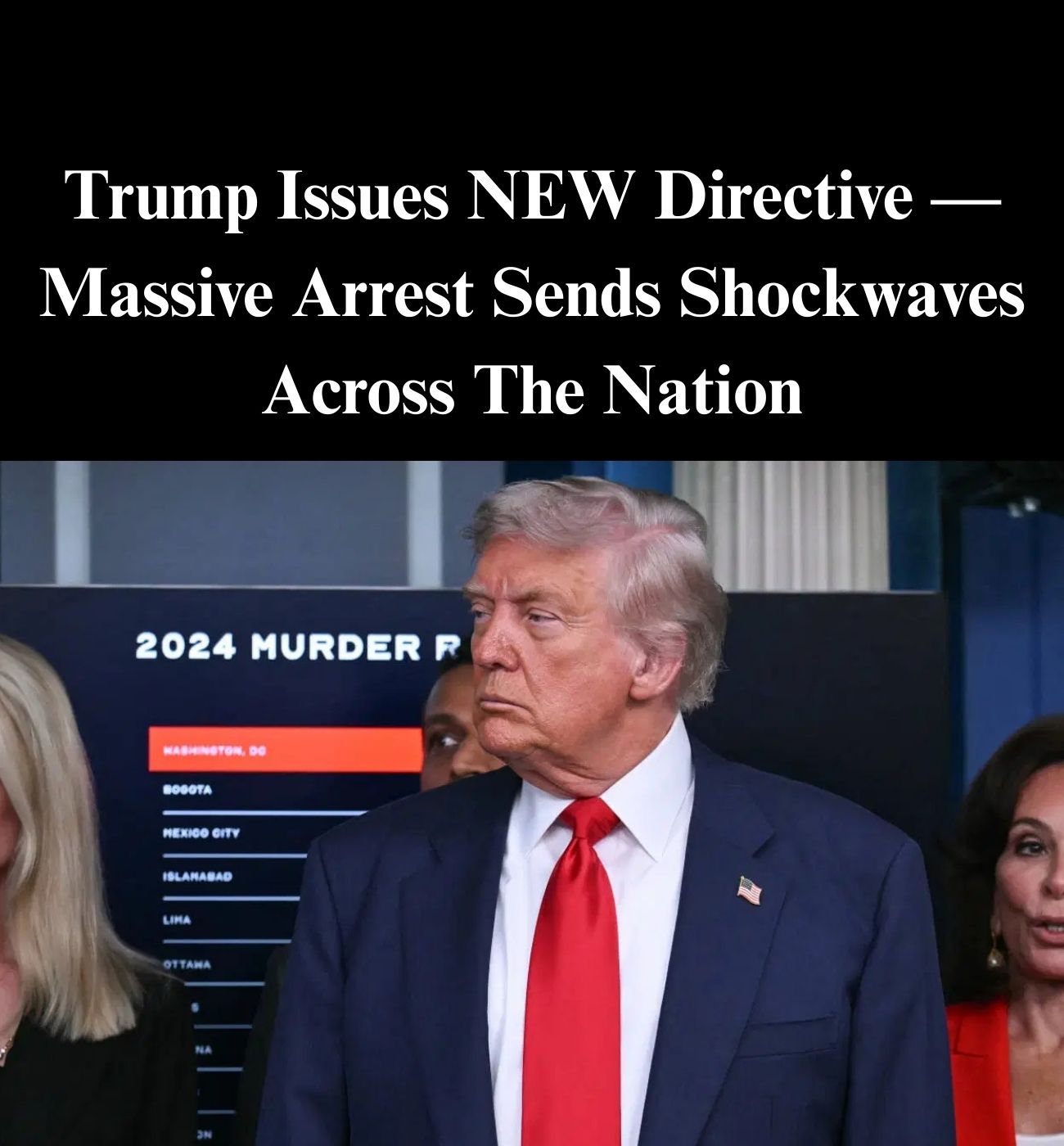President Donald Trump promoted his monthlong federal law enforcement surge in Washington as a targeted strike against violent crime. But an analysis of the data by the Associated Press shows that more than 40 percent of the arrests made under the operation were for immigration violations, highlighting how the administration’s hardline immigration agenda was advanced in the nation’s capital.
The White House has touted the effort as a success, pointing to more than 2,300 arrests that included more than a dozen homicide suspects, 20 alleged gang members, and hundreds of people accused of gun and drug offenses. Officials said more than 220 illegal firearms were seized, including one found with a teenager who had made a concerning social media post about a school, The Associated Press reported.
Yet more than 940 of the arrests were immigration-related, fueling criticism from advocacy groups that the real purpose of the surge was to expand deportations rather than address crime.
“The federal takeover has been a cover to do federal immigration enforcement,” said Austin Rose, a managing attorney at Amica Center for Immigrant Rights. “It became pretty clear early on that this was a major campaign of immigration enforcement.”
For critics, the effort appears to be less about a one-time push against crime in Washington and more about creating a model for federal intervention in other Democratic-led cities, a playbook Trump leaned on during the 2020 campaign.
Already, officials in Chicago were bracing for an influx of immigration agents and possibly National Guard troops. Over the weekend, Trump stoked speculation by posting a parody image from “Apocalypse Now” showing helicopters over Chicago with the caption: “I love the smell of deportations in the morning.”
White House spokeswoman Abigail Jackson defended the surge, saying many of those arrested had prior convictions, arrests, or outstanding warrants for crimes including assault, drug possession, and child sexual abuse, though she did not provide specific numbers.
“Law enforcement is doing an outstanding job removing these threats from D.C. communities – the focus of this operation has been stopping violent crime committed by anyone, regardless of their immigration status,” Jackson said.
Internal reports obtained by the Associated Press showed that during a 10-day sample of the operation, about 22 percent of those arrested on immigration violations had criminal records, including offenses like driving while intoxicated, drug possession, grand larceny, and burglary. That sample represents about one-third of the entire period.
Trump launched the initiative on Aug. 11 after invoking Section 740 of the District of Columbia Home Rule Act to declare a “crime emergency,” giving his administration authority to take control of the city’s police force. The order was set to expire on Wednesday, but National Guard troops remain deployed in the city.
Attorney General Pam Bondi signaled the administration’s focus on immigration early, directing Washington officials to revoke the city’s “sanctuary” policies that limited cooperation with federal authorities. After a lawsuit by local leaders, the administration agreed to let the city’s police chief remain in charge of the department. But Bondi issued a new memo instructing officers to cooperate with immigration enforcement regardless of local law.
She argued that sanctuary policies “multiplied” the dangers of violent crime and that the “proliferation of illegal aliens into our country during the prior Administration, including into our Nation’s capital, presents extreme public safety and national security risks to our country.”
Many illegal immigrants in Washington have altered their routines, avoiding work and limiting travel out of fear of being detained. “It’s created unimaginable fear and forced people to completely alter their routines, not go to work,” Rose said.
The Department of Homeland Security has highlighted its role in the operation on social media.
“DHS will support the re-establishment of law and order and public safety in DC, which includes taking drug dealers, gang members, and criminal aliens off city streets,” the department said in a post.
